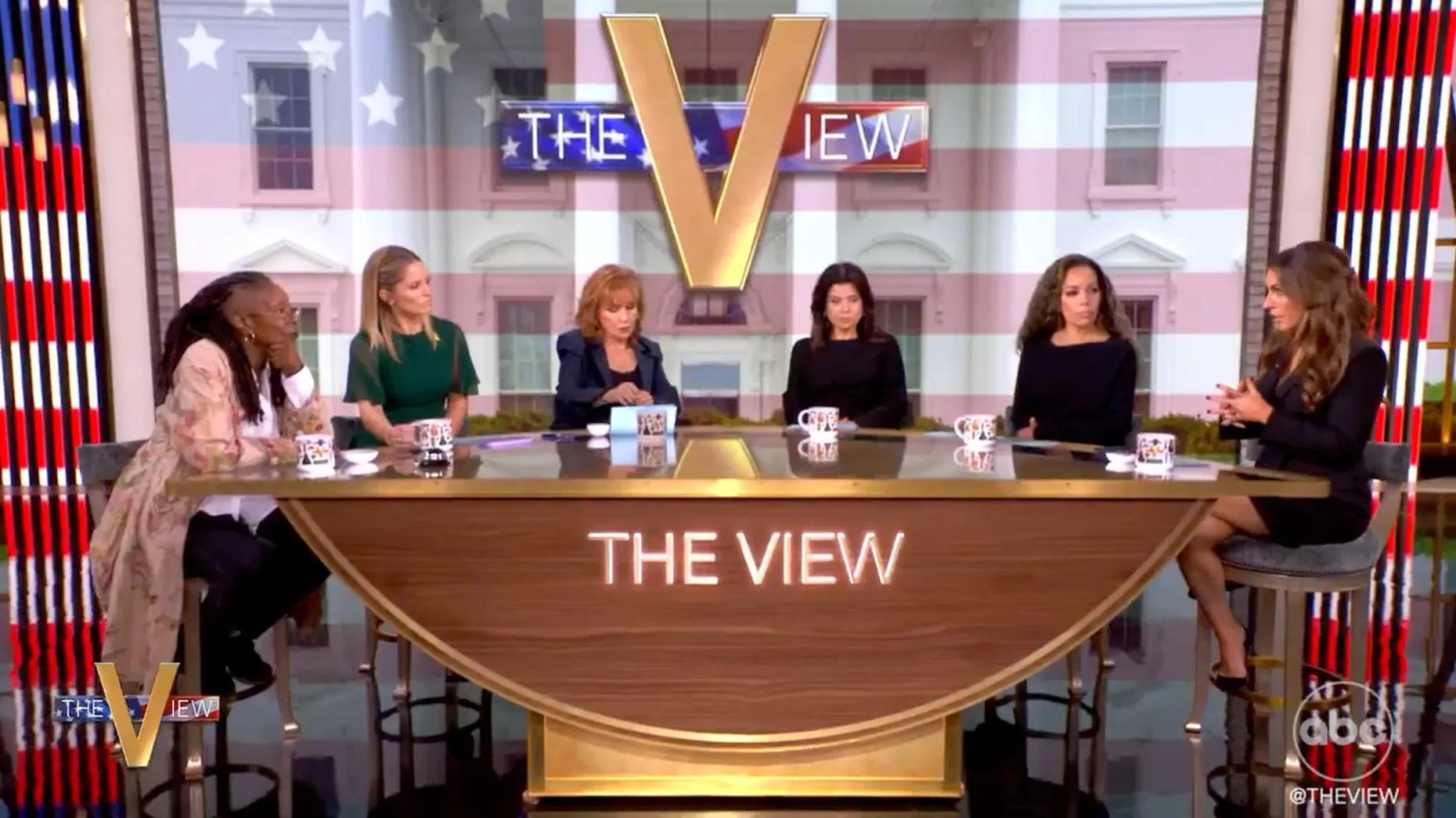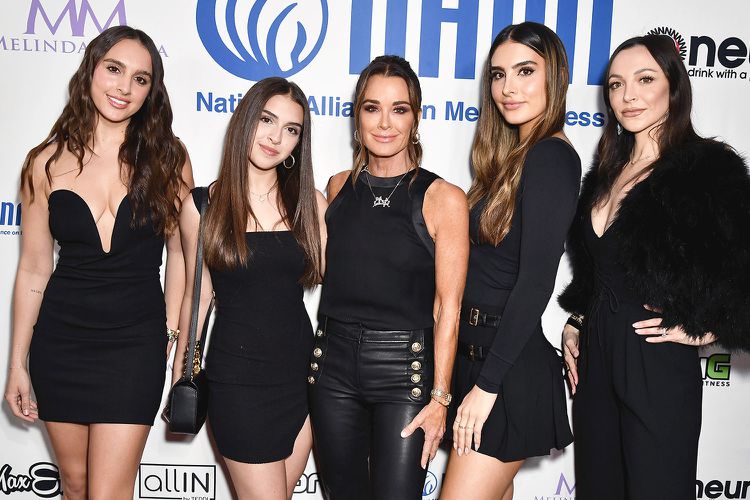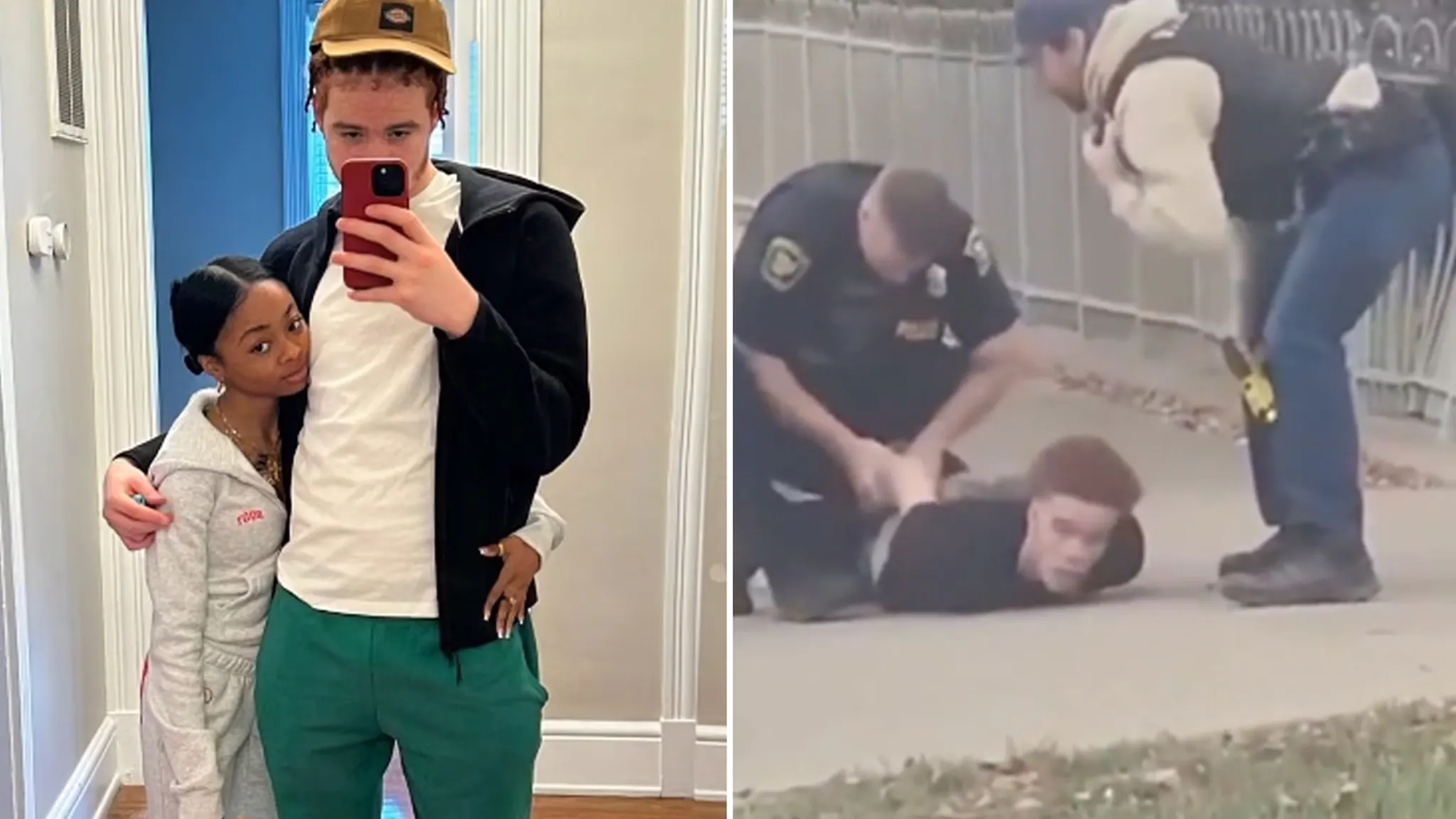BY: Walker
Published 2 years ago

Djimon Hounsou’s acting career spans 33 years and includes two Academy Award nominations yet he still feels “tremendously cheated” when it comes to Hollywood pay.
via: Complex
“I’m still struggling to try to make a dollar!” the Beninese-American actor told the Guardian. “I’ve come up in the business with some people who are absolutely well off and have very little of my accolades. So I feel cheated, tremendously cheated, in terms of finances and in terms of the workload as well.”
Hounsou made his film debut more than 30 years ago, appearing in the Sandra Bernhard-led comedy Without You I’m Nothing. Since then, the 58-year-old has appeared in a number of prestigious and critically acclaimed projects, including Steven Spielberg’s Amistad, Ridley Scott’s Gladiator, and Edward Zwicks’ Blood Diamond, which earned him a Best Supporting Actor nod at the 79th Academy Awards.
“I’ve gone to studios for meetings and they’re like: ‘Wow, we felt like you just got off the boat and then went back [after [Amistad],” he explained. We didn’t know you were here as a true actor.’ When you hear things like that, you can see that some people’s vision of you, or what you represent, is very limiting. But it is what it is. It’s up to me to redeem that.”
The actor says he still has “to prove why I need to get paid.”
“They always come at me with a complete low ball: ‘We only have this much for the role, but we love you so much and we really think you can bring so much’… Film after film, it’s a struggle,” he explained. “I have yet to meet the film that paid me fairly.”
While it’s clear Hollywood still has a long way to go in terms of pay equity and representation, Honsou acknowledges there’s been improvement over the years. He points to his role in the Shazam franchise, which was significantly expanded in the newly released sequel.
“Out of them all, the DC universe has a level of respect,” says Honsou, who plays The Wizard. “There wasn’t much to the role at first and I did it and it was fun. But the second time around it was a little more respectful.”
He continued: “From time to time, they themselves make the point of saying: ‘We should give him more, he’s a little underappreciated.’ I think they recognise that themselves. Hey, it’s the struggle I have to overcome!”









